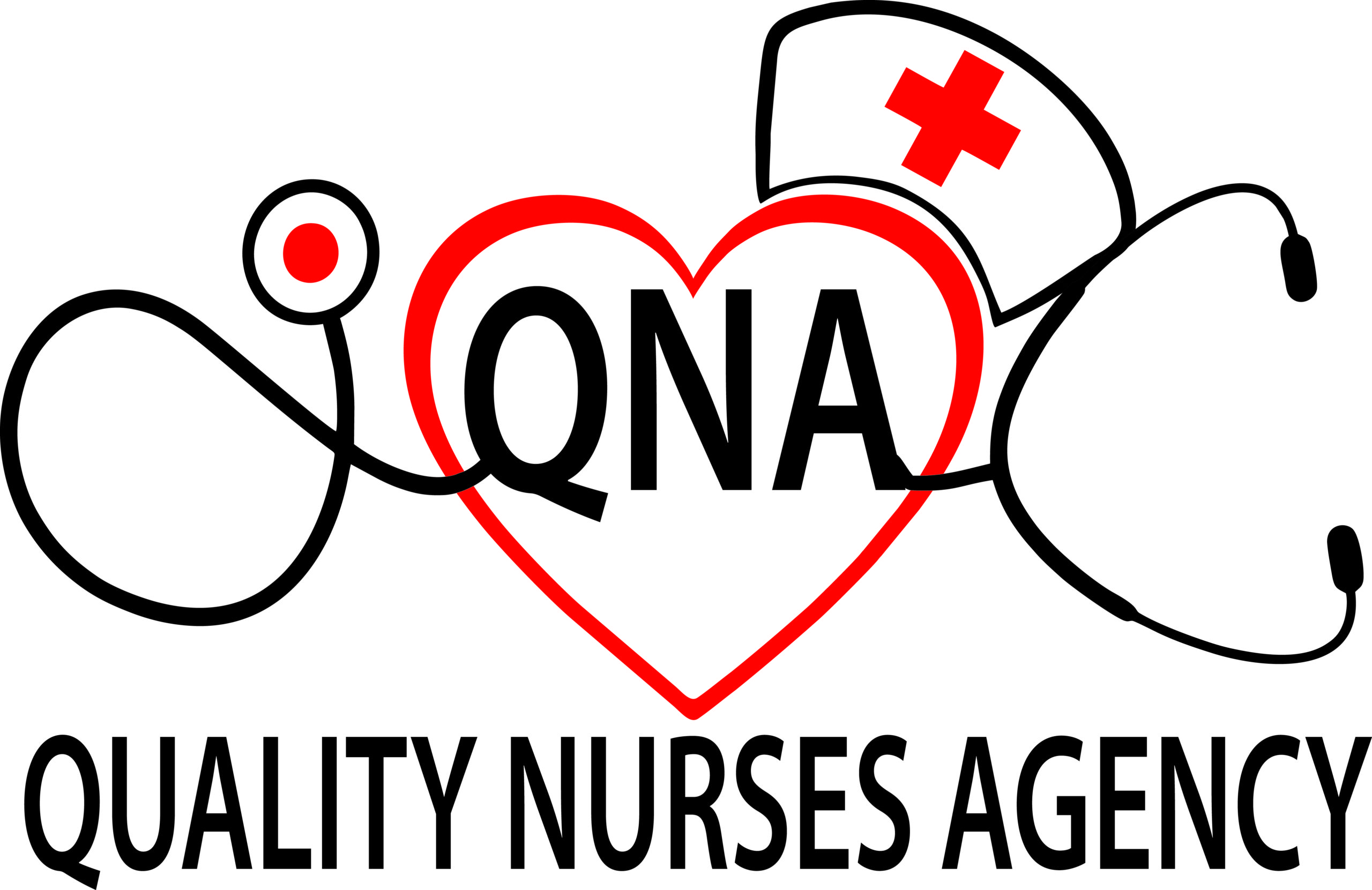As people age, it is normal to experience some changes in their memory and thinking abilities. However, some changes may be a sign of dementia, a brain disorder that causes a decline in cognitive function.
It can be difficult to know whether the changes you are experiencing are due to normal aging or dementia. Here are some of the early signs of dementia to look out for:
- Memory loss: Difficulty remembering recent events or conversations.
- Problems with language: Difficulty finding the right words or understanding what others are saying.
- Difficulty with problem-solving: Difficulty making decisions or figuring out how to do things.
- Changes in mood or personality: Increased apathy, irritability, or withdrawal from social activities.
- Changes in judgment: Making poor decisions or taking risks that you would not have taken in the past.
- Disorientation: Getting lost in familiar places or forgetting the names of familiar people.
- Vision or perceptual problems: Difficulty seeing things clearly or understanding spatial relationships.
If you are concerned about any of these changes, it is important to see a doctor for a diagnosis. There is no cure for dementia, but early diagnosis and treatment can help to slow the progression of the disease and improve quality of life.
It is also important to remember that not all changes in memory and thinking are due to dementia. Some of the changes that can be mistaken for dementia are:
- Normal aging: As people age, it is normal to experience some decline in their memory and thinking abilities. However, this decline is usually gradual and does not interfere with daily activities.
- Depression: Depression can cause memory problems, difficulty concentrating, and changes in mood and personality. However, these symptoms usually improve with treatment for depression.
- Medication side effects: Some medications can cause memory problems or other cognitive changes. If you are taking any new medications, talk to your doctor about the possible side effects.
- Substance abuse: Alcohol and drug abuse can also cause memory problems and other cognitive changes. If you are concerned about your memory, it is important to talk to your doctor about your substance use.
If you are experiencing any changes in your memory or thinking, it is important to see a doctor to rule out any medical causes. Early diagnosis and treatment can help to improve your quality of life and slow the progression of the disease.
Here are some tips for talking to your doctor about your concerns:
- Be prepared to talk about the changes you have noticed.
- Bring a list of your medications and any other medical conditions you have.
- Bring a family member or friend with you for support.
Do not be afraid to ask questions. Your doctor is there to help you.

